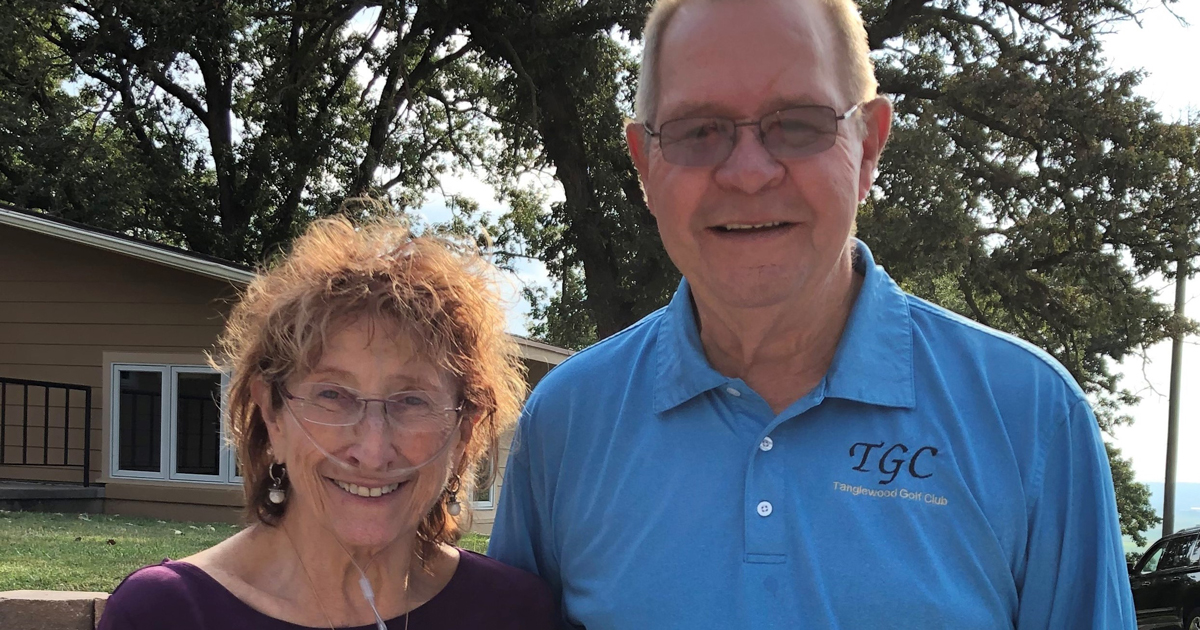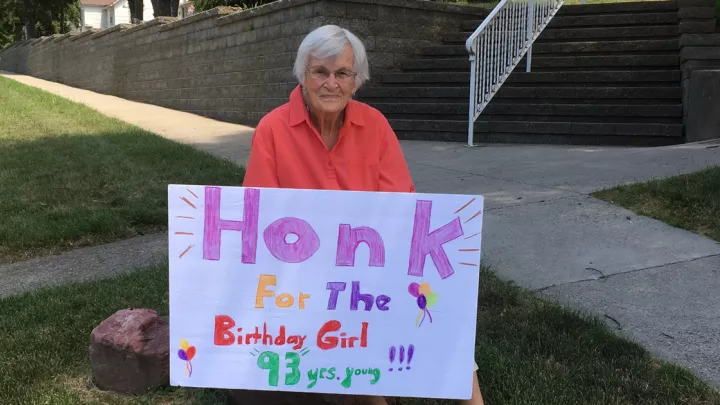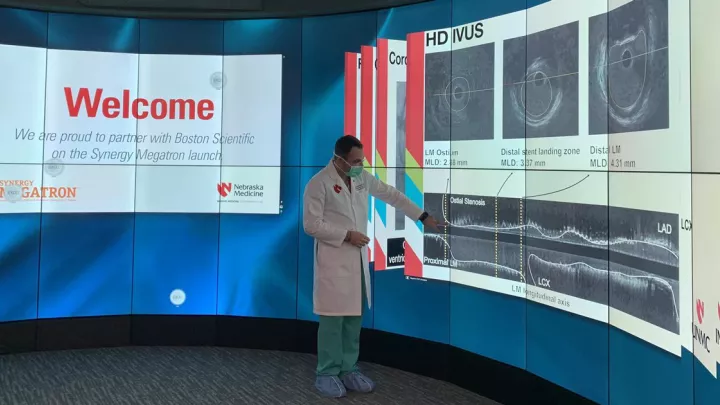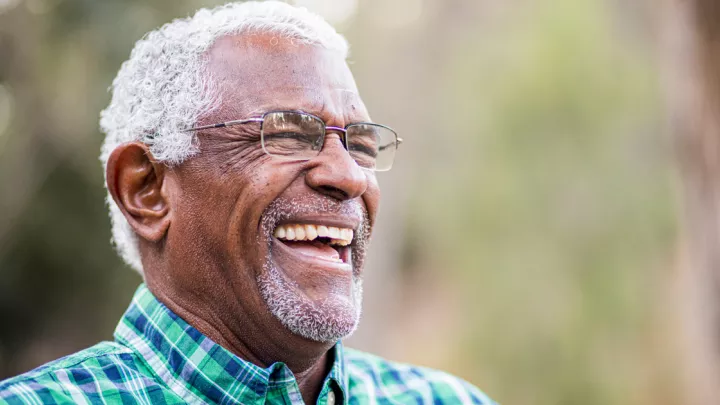Heart care from home

Carole Goodlett is feeling a lot better these days, thanks to a cool device called the CardioMEMS.
"I have more clarity of thought, I'm breathing easier, walking more, and I don't have to go one step at a time," Goodlett says. "I haven't been able to do that in 14 years."
It was in early April, Arif Albulushi, MD, Heart Failure specialist, implanted the device into Goodlett's pulmonary artery to monitor her pulmonary pressure, which is a marker of patient's fluid or volume status. Studies show that by monitoring a patient's pulmonary artery pressure, the care team can detect worsening signs of heart failure before a patient experiences symptoms.
"Carole had been hospitalized several times with heart failure within the last 12 months," says Dr. Albulushi. "She was also experiencing significant shortness of breath with minimal exertion, which made her a good candidate for the CardioMEMS implant."
Goodlett says the procedure seemed very simple to her.
"I was awake the whole time and watched the procedure," she says. "It was very interesting."
She went home just a few hours later.
"It is a simple procedure that requires accessing the venous system from the groin and ultimately placing the device in the left pulmonary artery under X-ray guidance," says Dr. Albulushi. "The patient usually gets discharged home shortly after the procedure and enjoys the benefits of remote monitoring from day one."
"Carole has both heart failure and COPD/asthma and uses oxygen at home," he continues. "Her condition makes it difficult to know what's causing her worsening shortness of breath. By placing this device, we will know for sure her volume status and guide her treatment accordingly."
At home, Goodlett takes her pressure readings each day, which are sent to the center. The care team is notified if the pressure readings fall outside the desired range.
"Since we have a better understanding of her fluid status remotely we can give her guidance on how to adjust her medications," says Dr. Abulushi. "This has helped to improve her quality of life and reduce future heart failure hospitalizations."
"It's exciting to provide this type of technology and service to our patients," says Scott Lundgren, DO, Heart Failure specialist. "Utilizing a device that allows us to be proactive with a patient's care to help keep them out of the hospital is exciting as it gives them more quality time at home with their loved ones. This technology is also of particular benefit to our more rural patients, as it allows them to be more closely monitored by their care team without having to leave home."
CardioMEMS was approved by the FDA in 2014 and physicians at Nebraska Medical Center began implanting this device in 2016, recently achieving the 100th patient milestone. Dr. Abullushi recently implanted the first one at Bellevue Medical Center.
"The fact that we have reached 100 implants not only speaks to the benefits of the technology, but also to the skill and dedication of our team," says Dr. Lundgren. "Implanting the device is only the beginning. Our nurses, advanced practice providers, and physicians who provide close monitoring and communication to the patients thereafter further highlights the benefit of our care model at Nebraska Medicine."
For Goodlett, she's hoping to return to Europe one day to visit her daughter, Therrese and her family who live in France, and her daughter Tracy in Phoenix, Arizona.
"I want to spend time with my grandchildren and return to things I love to do."







